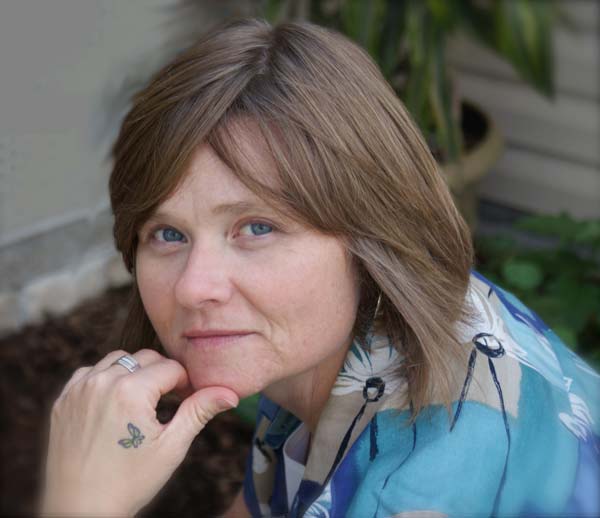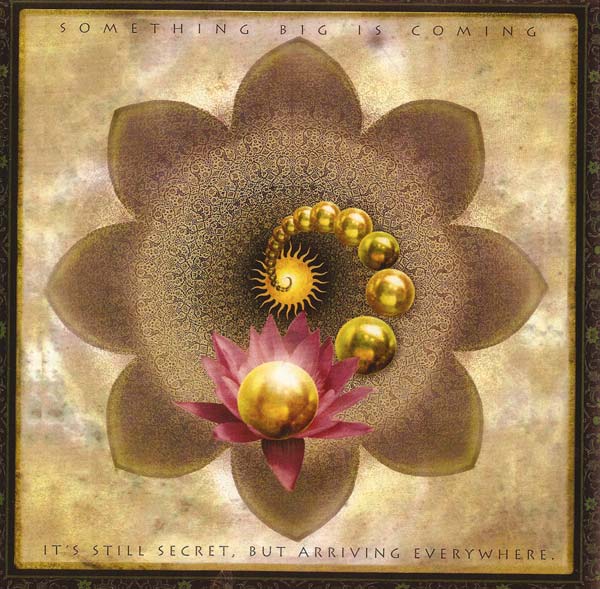Jillian’s Story
Jillian is a seasoned mental health professional, holding a Masters in Social Work from UALR in Little Rock, AR. She has worked in the Human Services field since the age of 19, gaining experience through the years with Child Welfare, Juvenile Delinquency, Public and Private Counseling Centers, School-Based Mental Health, and Teaching at Community College. At the age of 34, while working in Community Mental Health as a clinician and Supervisor, Jillian found herself in a struggle to survive physically, mentally, emotionally, and spiritually. In the course of a year, she had gone from a size 3X in clothes to a size 4, and found herself unable to either understand what was happening to her or control the weight loss.
An actual journal entry from 2003: “Can’t stop, can’t stop, tried everything…I just know at this point, I’m not in control anymore. I just struggle continuously mentally to fight what I know are wrong thoughts/beliefs and my body is so tired…my mind just keeps nagging and bitching and doubting and arguing til I just do whatever I need to to give me relief…At this point, most of the time, I can realize I don’t have control anymore…”
Depression was also undeniable, as she experienced many of the classic symptoms, including thoughts of suicide. As a mental health professional in today’s environment, Jillian struggled with embarrassment, shame and self-doubt for needing to access outside assistance to restore her own health. She feared for her reputation and job security if it was discovered she was seeing a therapist. The problem however was undeniable and she knew she had to take action. Finding someone well out of the area and traveling to weekly extended appointments, Jillian told only her closest friends and family and began to address her illness. As is sometimes the case, the illness worsened before getting better in therapy, and in December of 2003, Jillian was told she was at risk for needing Inpatient services. At this point, when not restricting completely for up to 6 consecutive days, daily intake was less than 500 calories, exercise was chronic and obsessive, and her body systems were breaking down — with hair loss, numbing of arms and legs, broken capillaries upon friction to skin, atrophied digestive system, a bone scan revealed her bones were porous due to malnutrition, and her mind was unable to concentrate or focus. Having yet to acknowledge the direct correlation between eating disorder and depressive symptoms, she was in the grips of living by “the rules” of her eating disorder (delineated in her “Jaws” presentation), and a dangerous self-loathing. As a previous lover of social time with friends, she stopped interacting outside of work and few family members and lost her much appreciated sense of humor. Instead, she struggled with sleep, eating, acts of self-harm, and unwanted, intrusive thoughts of suicide. She will openly attest to the help she found in temporary use of antidepressants, “to get my feet under me and be able to take some action” although, due to an admitted perfection complex, it took her treatment team (therapist, psychiatrist, and dietician) a concerted, unrelenting effort to convince her to try medication as an intervention.
The effects, of course, were not limited to Jillian personally. As a single mom of then 11 year-old son, she was unavailable or unable to pay attention in many ways to his needs. Both withdrew into the isolation of their home, and he spent many hours reading in his room while she responded to her obsession and depression – all the while attending therapy and journaling her experience with an uncensored hand. Her son, although identified as intelligent, began struggling with his grades, and eventually flunked a grade during this time. He responded without concern or direction, apathetic and unsure of any contributing factors. Jillian dutifully attended all Parent/Teacher conferences, only to hear he was very much capable, but acted simply unmotivated and unconcerned. Jillian, who had always focused all of her energy on her work and her child, now found herself presumably failing in both areas, and although she gave all she was capable at the time, most of her limited yet steadily increasing energy had to be directed at surviving her illness, before she could fully address any particular challenges in her life. In her presentation “Inside the Jaws of an Eating Disorder, a Healer’s Struggle and Recovery,” Jillian tells of the guilt and shame she fought while striving to improve, so she could then help her son and her clients. During this time, as she also describes in her presentations, she found herself unable to focus on her clients, struggling to attend to them during sessions and feel like she was being helpful to anyone. Her struggles transferred into loss of productivity, which came to the awareness of her superiors. Jillian was forced to make some hard choices, but was able to adjust her work in such a way as to support her progress in therapy, which transferred back into improved service to others (description and insight offered in more detail in her “Humanness of Healers” presentation.)
Through dedication, determination, and tenacity (and maybe a touch of inborn stubbornness), Jillian, over the next two years, moved slowly away from the edge and chose recovery. When awareness and clarity began to return, (what she calls, “when I woke up”) Jillian looked around her work environment and was shocked and alarmed at the level of health, happiness, and functioning in her colleagues. She determined to pay close attention to her own process, documenting through journaling, poetry, photos, and artwork, her struggle to progress and heal while continuing to work in the mental health field with other helpers who, in many forms, also seemed to be struggling. With an eye toward assessing the health of Healers and their work environments, she found a strong, pervasive tendency toward illness in the Healers themselves. She also, unfortunately, found an unmistakable norm/expectation for helpers to not be self-aware or show their own struggle, talk about it, or ask for help. Many helpers operate on well-meant yet increasingly skewed or unbalanced messages/mottos, as they feel called or pulled to help others. Jillian expounds on her own motto of operation in her “Humanness of Healers…” presentation (“My job is to be strong and get the job done and do it right, do it well without falling down or falling apart…and without asking for any help.”) Operating on these mottos without regard to an equal amount of self-care can lead to problems. Healers continue to give to others and become less aware or responsive to their own needs, creating an imbalance, which often manifests in some manner of sickness. This can only transfer to negative effects on client care and Healer functioning and self-worth.
Over the course of her journey toward balance in her own life, Jillian’s efforts have solidified into the current focus: to share with others what she has learned from her own experience and through numerous ongoing interviews with other helping professionals; an effort to offer insight, information, support, encouragement, and guidance to the professional to create awareness, recognition, and understanding of any imbalances, so they may be addressed in healthy ways. Fostering health and healing in the helping professions hopefully will not only transfer into appreciating and retaining quality Healers in our agencies, but also into healthier work environments for current and incoming helping professionals. Simply stated on her business card, “Healers in Balance; because helping shouldn’t hurt.” Jillian is dedicated to getting this message across in a meaningful, productive manner to both Healers and the agencies that employ them.
Recent Comments
Archives
Categories
- No categories
Meta
Donation
Holiday Island, AR
Office: 479-244-5181
info@healersinbalance.com
Copyright © 2014 by Healers in Balance



